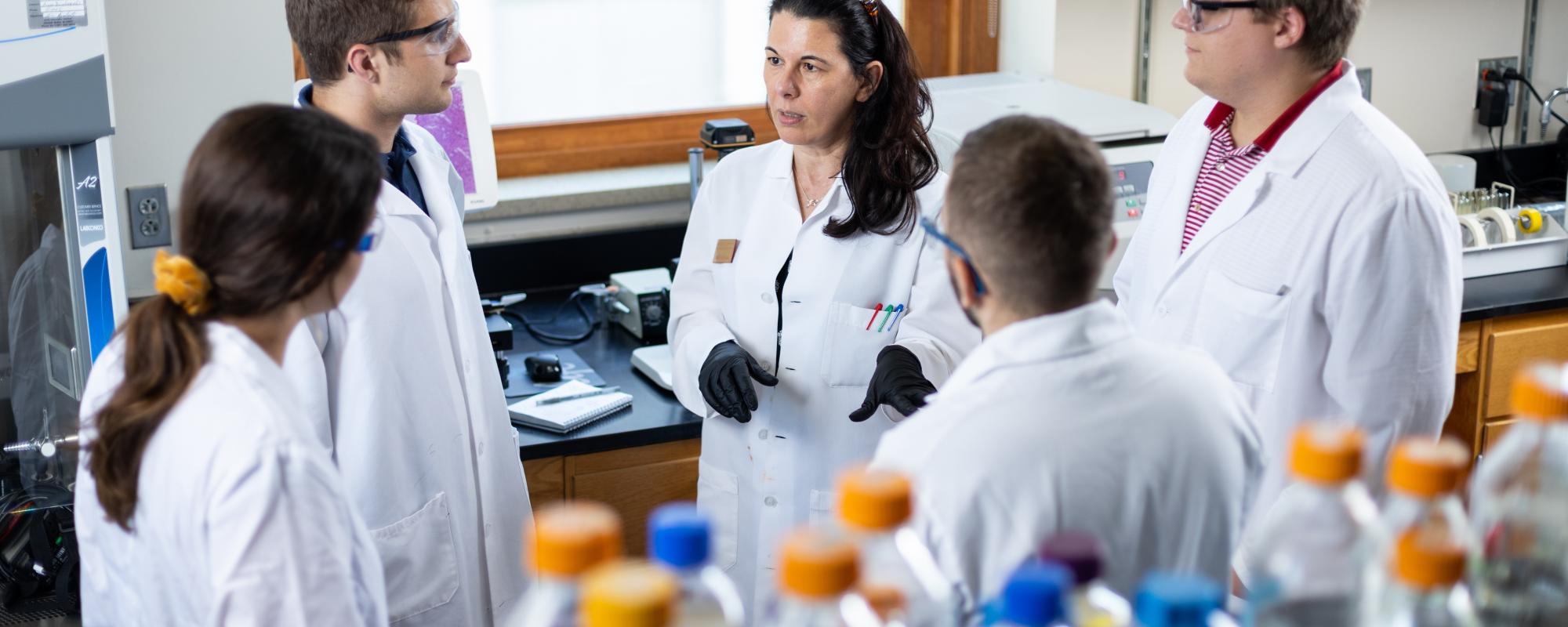该实验站于1888年在爱荷华州成立,履行了国会对赠地大学开发研究项目以推进其州公民实用科学的职责。实验站不是建筑物或位置。这是一项研究计划,部分由美国农业部国家食品和农业研究所和爱荷华州资助。在爱荷华州立大学,这些公共投资支持旨在解决州内在食品安全、粮食安全、自然资源管理和爱荷华州社区经济健康领域最紧迫问题的研究。
该实验站主要研究领域有粮食生产和农业系统。农业生产和相关产业构成了爱荷华州经济中最大的单一部门,对农村社区很重要。其长期生存能力是爱荷华州立大学的一项重要使命,该大学在协助农民、供应商、加工商、政策制定者和其他关键决策者应对农业面临的机遇和挑战方面有着成功的历史。在自然资源和环境管理领域,需要对所有自然资源进行明智的管理,包括水、土壤、空气和其他资源,以维持国家生产粮食、饲料、纤维和生物产品,生物燃料的能力,并支持环境产品和服务以及经济和社会功能。如果不关注环境产品和服务,人们的生活质量将受到很大影响。该计划的重点领域包括高度人类改造的农业生态系统中的所有自然资源。妥善管理为现代农业生产提供基本投入的自然资源,是维持所需数量和质量的粮食、饲料、纤维、生物燃料和自然环境的基础。

The experimental station was established in Iowa in 1888 to fulfill Congressional responsibility for land-grant universities to develop research programs to advance the state's citizen practical science. The experimental station is not a building or location. This is a research program, funded in part by the USDA's National Institute for Food and Agriculture and the State of Iowa. At Iowa State University, these public investments support research designed to address the state's most pressing issues in the areas of food security, food security, natural resource management, and the economic health of Iowa communities.
The main research areas of the experimental station are food production and agricultural systems. Agricultural production and related industries make up the largest single sector of Iowa's economy and are important to rural communities. Its long-term viability is a key mission of Iowa State University, which has a successful track record of assisting farmers, suppliers, processors, policymakers, and other key decision-makers to address the opportunities and challenges facing agriculture. In the area of natural resources and environmental management, all natural resources, including water, soil, air and other resources, need to be managed wisely to maintain the country's capacity to produce food, feed, fibre and biological products, biofuels and to support environmental goods and services, as well as economic and social functions. If you don't pay attention to environmental goods and services, people's quality of life will be greatly affected. The program's focus areas include all natural resources in highly human-modified agroecosystems. Proper management of the natural resources that provide essential inputs to modern agricultural production is fundamental to sustaining the required quantity and quality of food, feed, fibre, biofuels and the natural environment.